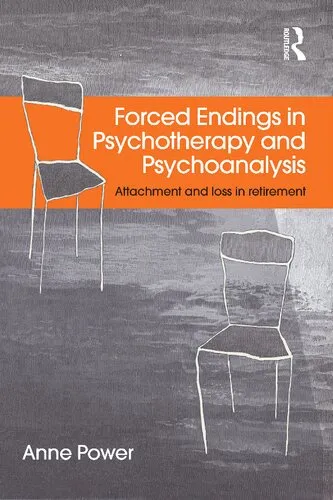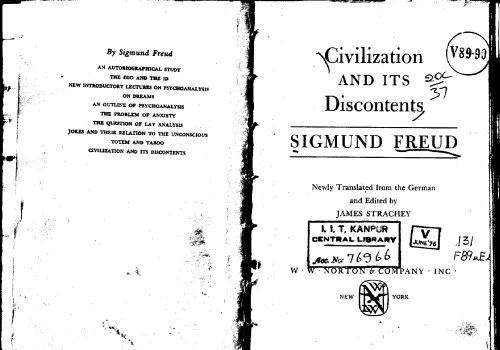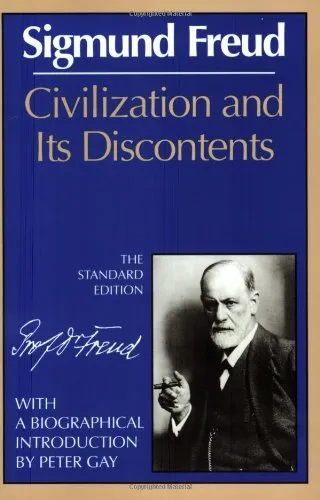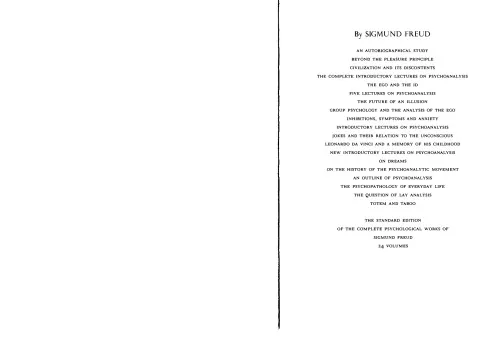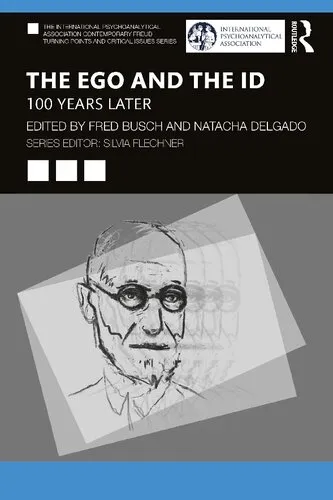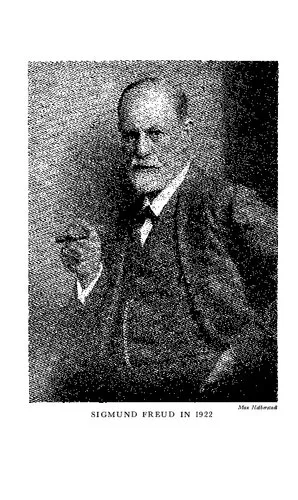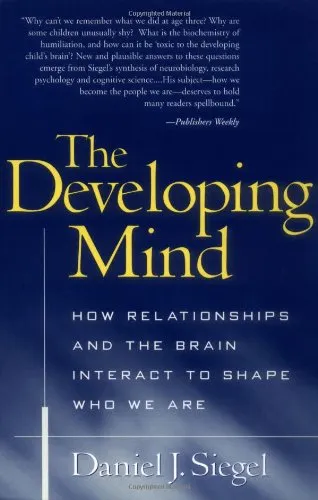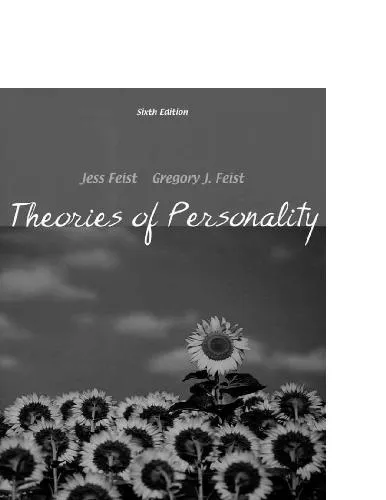Forced Endings in Psychotherapy and Psychoanalysis: Attachment and loss in retirement
4.8
Reviews from our users

You Can Ask your questions from this book's AI after Login
Each download or ask from book AI costs 2 points. To earn more free points, please visit the Points Guide Page and complete some valuable actions.Related Refrences:
Welcome to the profound exploration of an often-overlooked yet impactful topic in psychotherapy and psychoanalysis: forced endings. In 'Forced Endings in Psychotherapy and Psychoanalysis: Attachment and Loss in Retirement', we delve into the emotional, psychological, and relational dynamics that unfold when therapeutic relationships end prematurely, particularly in the context of retirement.
Detailed Summary of the Book
The book is a comprehensive investigation into the phenomenon of forced endings in therapeutic settings, highlighting the complex interplay of attachment, loss, and the challenging transition that therapists and clients face during retirement. It begins by defining what constitutes 'forced endings' within psychotherapy and psychoanalysis, then progresses to examine the various factors that influence these endings, including personal, professional, and systemic elements.
Each chapter is meticulously crafted to address different dimensions of forced endings. The journey starts with an exploration of attachment theory, offering insights into how attachment styles affect the therapist-client relationship. This is followed by a discussion on the psychological impact of retirement on therapists, with an emphasis on identity, loss of purpose, and the restructuring of self-concept.
Further, the book navigates through the emotional complexities that both therapists and clients experience, emphasizing the mutual loss and transition process. It integrates case studies, personal narratives, and empirical research to provide a holistic view of how these endings can be navigated thoughtfully and empathetically.
Key Takeaways
- The concept of forced endings in psychotherapy highlights the urgent need for awareness and preparedness in therapeutic practices.
- Understanding attachment styles can significantly improve how therapists and clients handle terminations.
- The book underscores the necessity of addressing personal and professional identity changes during retirement.
- It is crucial for therapists to develop strategies for managing their emotional responses to retirement.
- The significance of open communication and planning cannot be overemphasized in managing therapeutic endings.
Famous Quotes from the Book
"The ending of a therapeutic relationship is not merely a professional conclusion but a deeply personal journey of loss and transformation."
"In exploring forced endings, we uncover the unspoken fears and the silent grief that accompany the inevitable process of saying goodbye."
Why This Book Matters
This book is crucial for several reasons. Firstly, it sheds light on a topic that is often neglected in training and professional development, yet it is an integral part of the therapeutic journey. It provides practitioners with the knowledge and tools they need to handle terminations with greater sensitivity and competence.
Moreover, it serves as a valuable resource for understanding how forced endings affect not only the therapeutic alliance but also the individuals involved, encouraging therapists to approach these transitions with reflective practice and empathy. This awareness can lead to more effective and compassionate therapeutic practices and enhance the well-being of both therapists and clients.
Ultimately, 'Forced Endings in Psychotherapy and Psychoanalysis' addresses a gap in psychoanalytic literature by combining the theoretical with the practical, making it an indispensable guide for practitioners approaching retirement or those involved in handling therapeutic terminations.
Free Direct Download
You Can Download this book after Login
Accessing books through legal platforms and public libraries not only supports the rights of authors and publishers but also contributes to the sustainability of reading culture. Before downloading, please take a moment to consider these options.
Find this book on other platforms:
WorldCat helps you find books in libraries worldwide.
See ratings, reviews, and discussions on Goodreads.
Find and buy rare or used books on AbeBooks.
1370
بازدید4.8
امتیاز0
نظر98%
رضایتReviews:
4.8
Based on 0 users review
Questions & Answers
Ask questions about this book or help others by answering
No questions yet. Be the first to ask!
